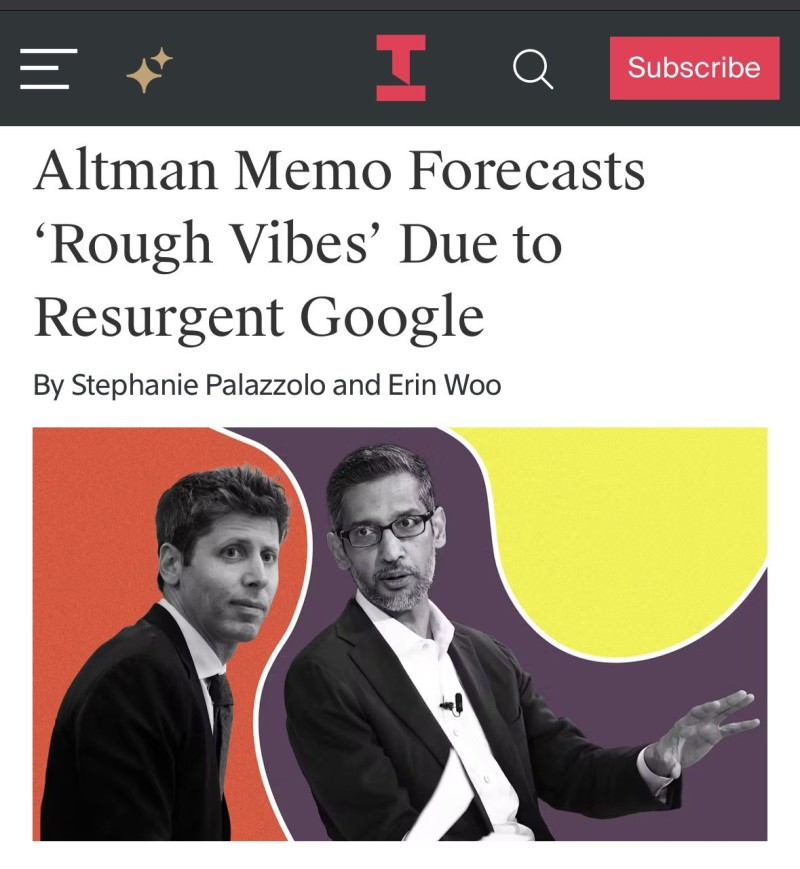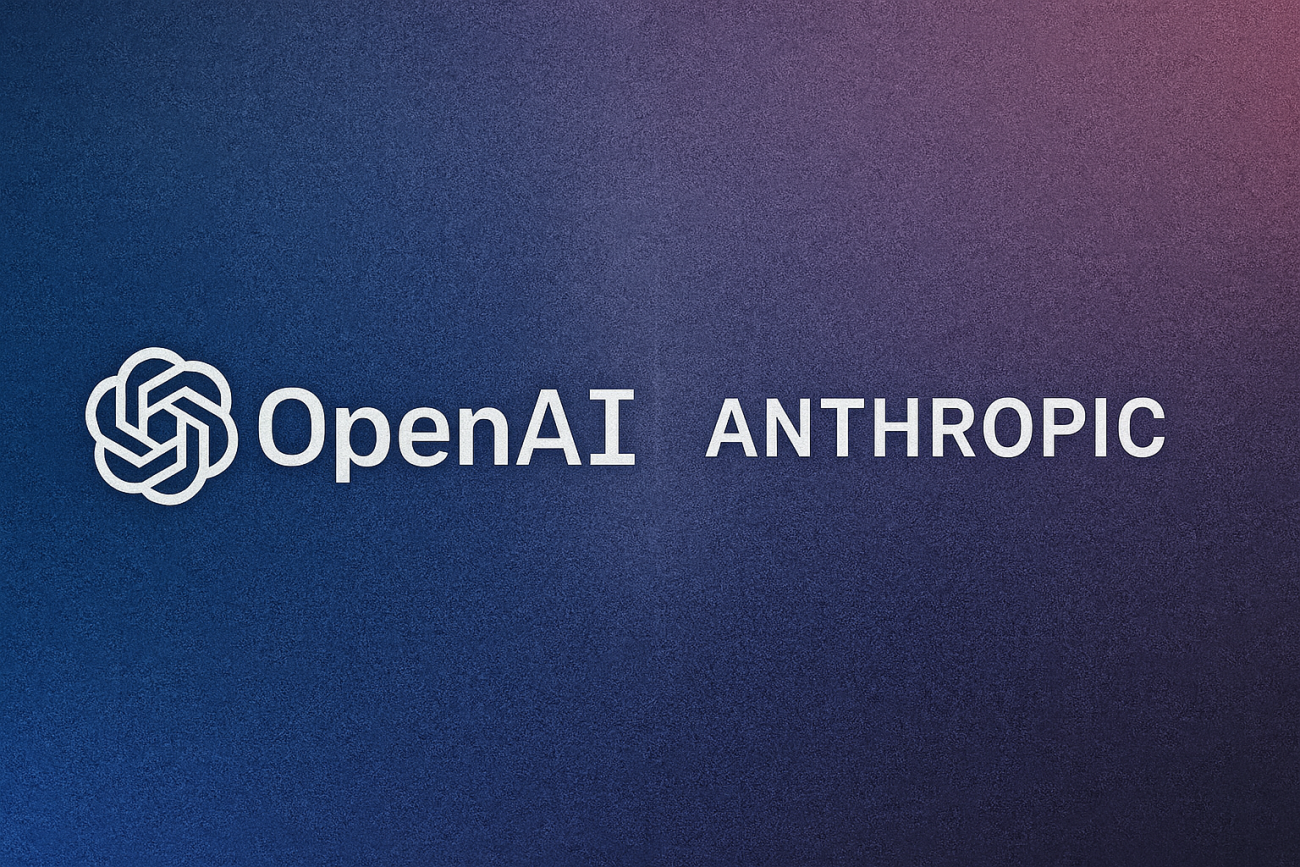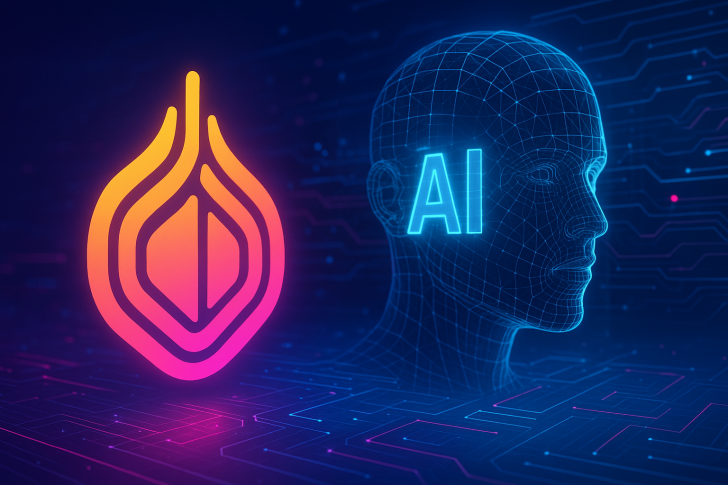⬤ OpenAI is preparing to roll out an advanced reasoning model, with a December preview on the horizon. The system—going by the codename "Shallotpeat"—represents a refined take on an earlier model that swept gold medals across all levels of the International Mathematical Olympiad (IMO) and International Olympiad in Informatics (IOI) competitions. Here's the thing: this isn't just another incremental update. The company is building on a foundation that's already proven itself at the highest competitive levels.

⬤ What makes this interesting is that the new model maintains the same core architecture as its competition-winning predecessor but fixes several pre-training bugs that were holding the earlier version back. Think of it like removing the handbrake—the original system was already outperforming DeepMind's internal models at the time, even with these limitations. The upcoming release promises to deliver a cleaner, sharper, and more stable version that can finally operate at full capacity.
⬤ Let's be real: the timing matters. The December preview comes at a moment when reasoning-focused models have become the hottest battleground in AI development. The fact that the previous model's performance was partially constrained by technical issues adds an extra layer of anticipation. If the earlier version could dominate international competitions while effectively running with one hand tied behind its back, there's genuine curiosity about what the optimized successor will be capable of once those training refinements kick in.

⬤ The December timeline also signals something bigger—the pace of high-performance model releases is clearly accelerating. OpenAI appears to be positioning Shallotpeat as a showcase for what happens when you take a proven championship-level architecture and let it run without constraints. For anyone tracking long-horizon model development and competitive benchmarks, this preview could offer a glimpse into the next phase of reasoning model capabilities. The improvements in stability and clarity aren't just technical wins; they're the kind of enhancements that could reshape expectations for what AI systems can handle when it comes to complex problem-solving.
 Saad Ullah
Saad Ullah

 Saad Ullah
Saad Ullah


